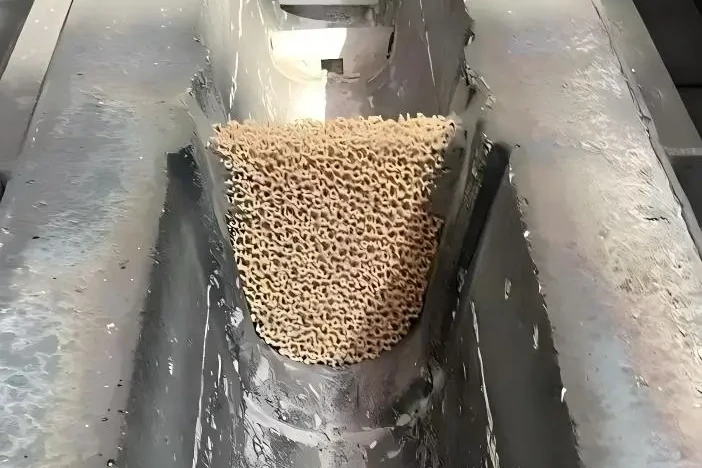Filter Materials for Steel Alloy Castings
High-temperature steel alloys involves a specialized casting process conducted at temperatures significantly higher than conventional temperatures . This process is primarily used to form high-end materials such as superalloys and heat-resistant steels.
This type of casting involves processing superalloys such as nickel- and cobalt-based materials, with melting temperatures typically exceeding 1600°C. The metal purity requirements are extremely stringent – a single inclusion can cause catastrophic failure of turbine blades under high-temperature, high-speed operation.
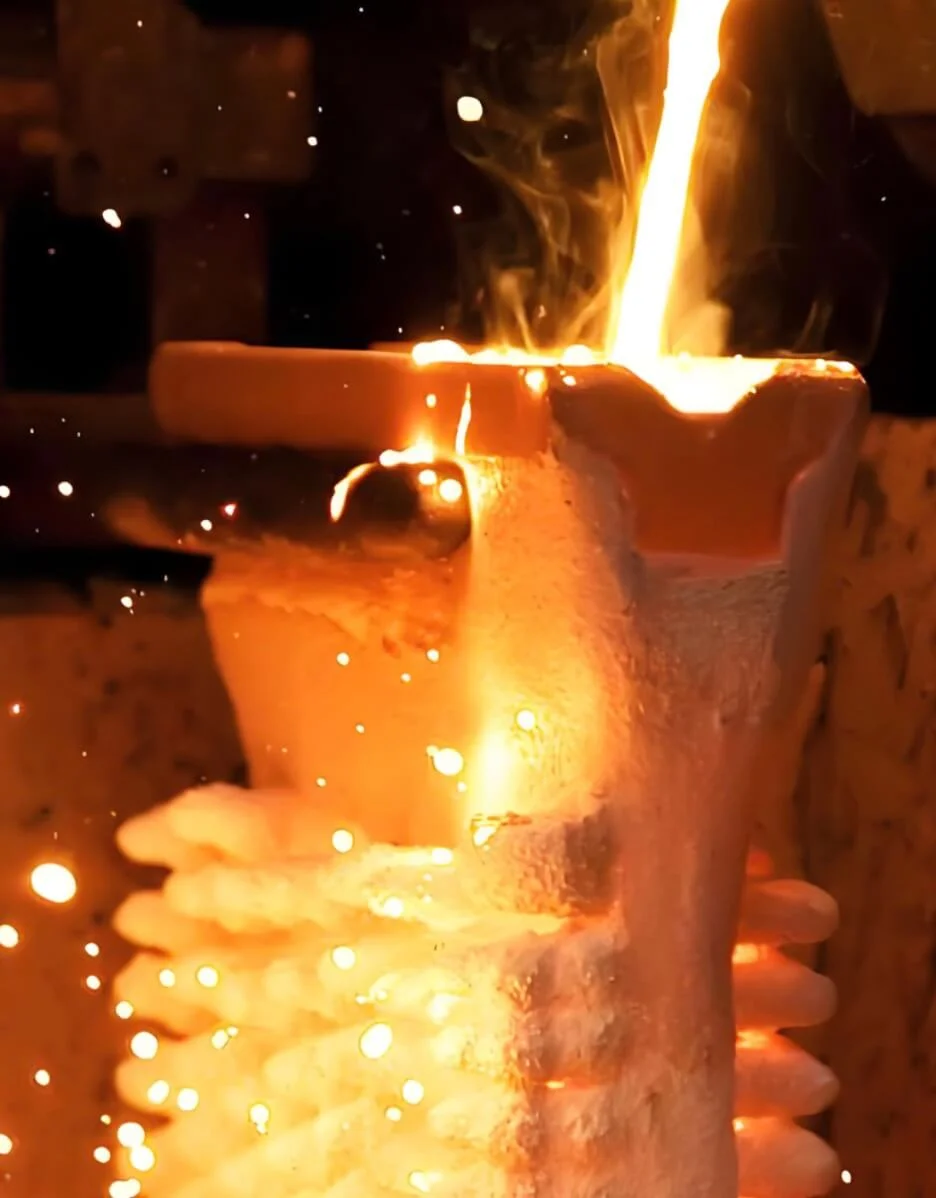
Steel Alloy Casting Filter Function
Under these extreme operating conditions, ceramic foam filters and glass fiber filters play a crucial synergistic role. The ceramic foam filter, with its high-temperature resistance and three-dimensional mesh structure, not only effectively intercepts micron-sized inclusions in the molten metal but also reduces turbulent secondary oxidation by regulating the flow of the molten metal.
The glass fiber filter, acting as a pre-filtration element, utilizes its high porosity and thermal stability to initially remove larger particles of slag and refractory debris. The combination of these two forms a gradient filtration system. In the production of high-temperature castings such as nickel-based alloy turbine blades, this system can reduce inclusion defects by over 70%, while also improving molten metal filling capacity and increasing fatigue life by 2-3 times under extreme temperatures.
Ultra-clean Filtration: Efficiently intercepts micron-sized inclusions, controlling oxygen content to <10ppm.
Extreme Temperature Resistance: Stable operation at 2000°C, ensuring the purity of high-temperature alloys.
Performance Enhancement: Increases blade high-temperature fatigue life by 2-3 times, reducing defect rates by over 70%.
Filter Applications in Steel Alloy Casting
As a key component of high-temperature steel alloy casting processes, filtration systems efficiently remove micron-sized impurities from molten metal, significantly improving the purity and high-temperature performance of high-temperature alloys.These help customers push the limits of material performance and achieve more reliable product quality.

Aerospace Industry
High-temperature steel alloy filters are essential for the manufacturing of single-crystal blades for aircraft engines. The aerospace industry relies on high-temperature steel alloy castings to produce turbine engine hot-end components, including single-crystal blades, guide vanes, and combustion chamber components. These components must maintain structural integrity at operating temperatures exceeding 80% of the metal’s melting point. Filtration technology ensures the material’s high-temperature strength and creep resistance by controlling impurity levels.
Energy & Power Industry
These filters provide critical support for the casting of heavy-duty gas turbine blades. The energy and power industry uses high-temperature steel alloy castings to manufacture heavy-duty gas turbine blades and heat-resistant components for nuclear reactors. Optimized filtration systems can significantly improve the components’ resistance to oxidation and thermal corrosion under extreme thermal cycling conditions, extending overhaul intervals and service life.
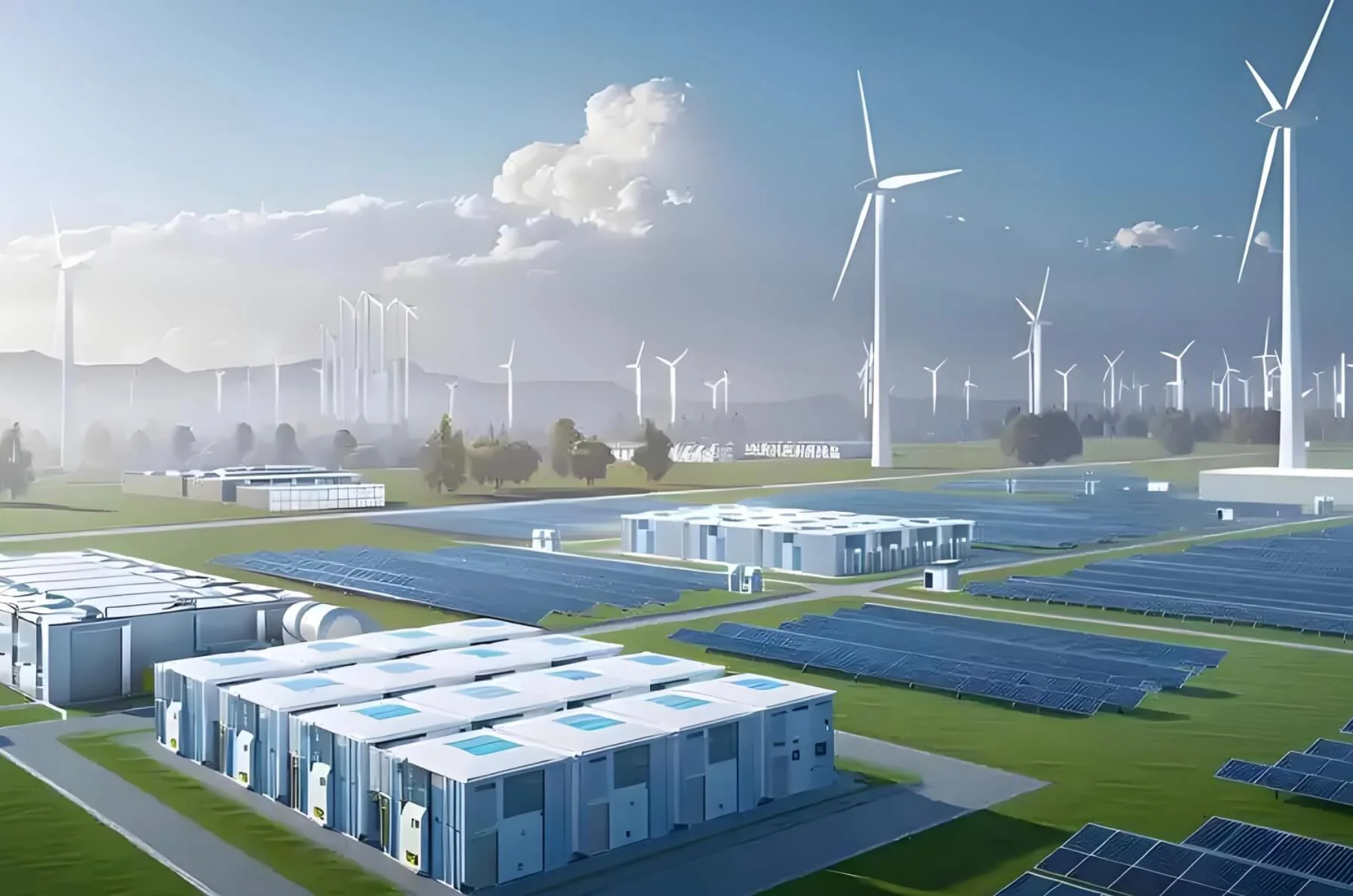
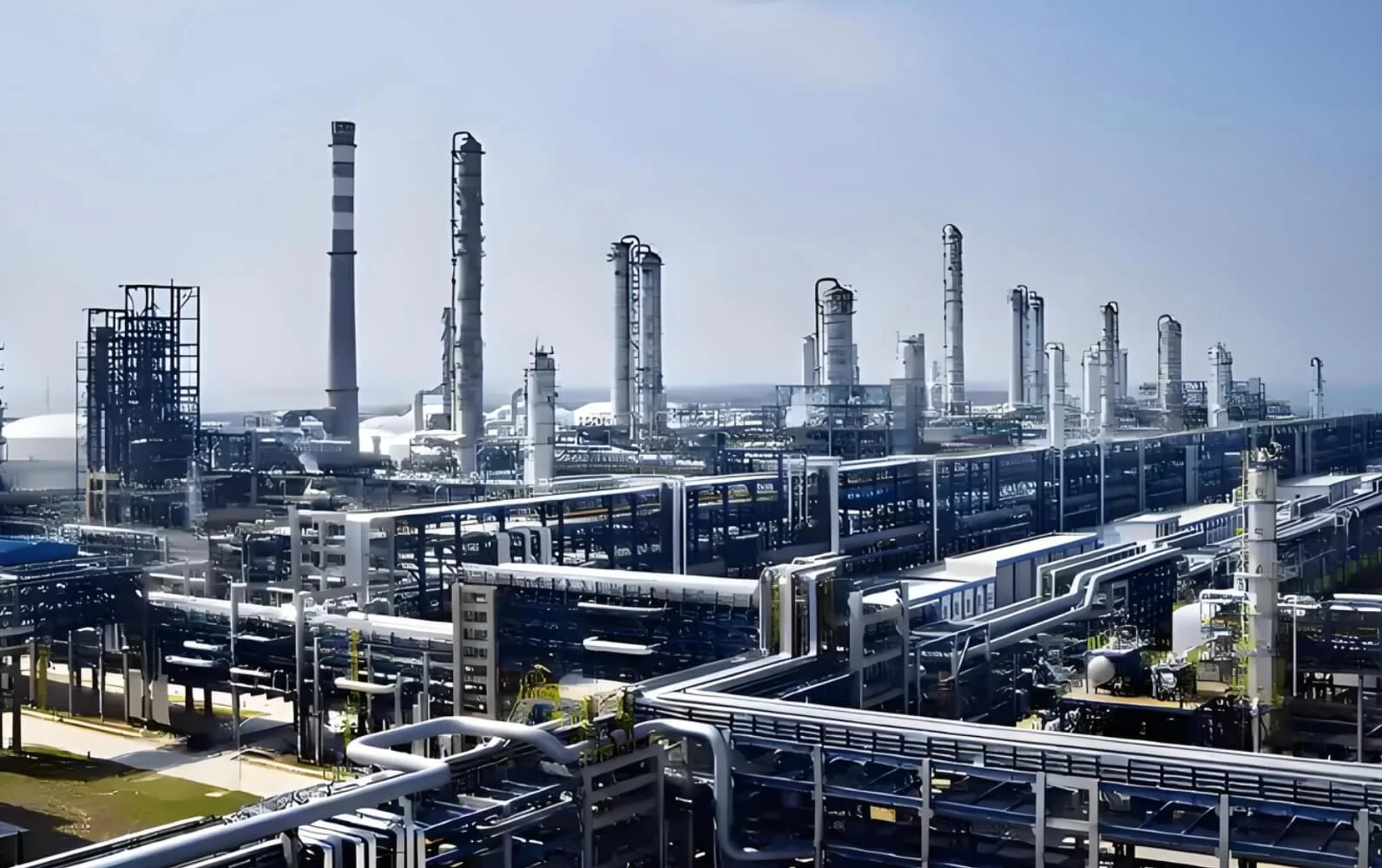
Petrochemical Industry
It relies on these filters to produce corrosion-resistant cracking furnace tubes. High-temperature steel alloy castings in petrochemical equipment are primarily used for cracking furnace tubes and reformer components. Precision filtration technology can reduce the carburization and sulfidation rates of the material in high-temperature, high-pressure, corrosive environments, ensuring long-term, stable operation of the equipment.
Military Equipment Industry
This technology is used to improve the reliability of weapon systems. In the military equipment sector, missile engine combustion chambers and supersonic aircraft thermal protection structures are produced using high-temperature steel alloy casting. High-purity filtration processes ensure the material’s ablation resistance and dimensional stability in transient ultra-high temperature environments.
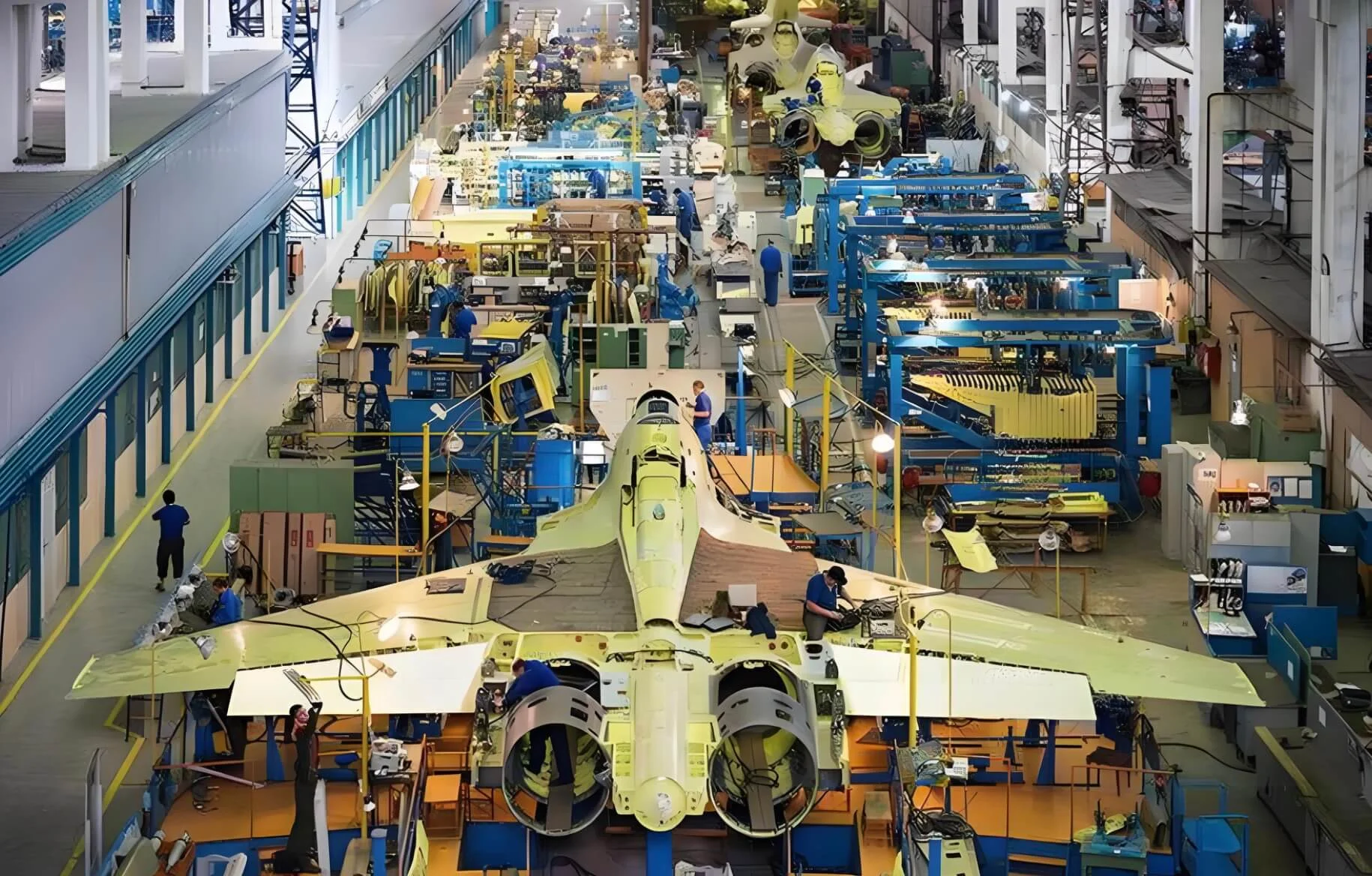
Specific Filter Application Cases in the Steel Alloy Casting Process

FM-03 Zirconia Filters Application in Aviation Turbine Blade Casting
A Southeast Asian aircraft engine manufacturer was experiencing a persistent single-crystal yield rate of around 65% in the production of nickel-based single-crystal turbine blades due to micron-sized inclusions in the high-temperature alloy melt. After implementing the FM-03 zirconia filter, the inclusion defect rate was reduced by 85% within three months, boosting the single-crystal yield to 93%. This improvement reduces scrap losses by approximately $1.2 million annually.
More importantly, the filtered blades performed exceptionally well in endurance tests at 1500°C, extending their average creep life from 800 hours to 2500 hours. This breakthrough directly helped the client secure a contract for the development of a new generation of engines. Furthermore, the improved metal purity enabled the wall thickness tolerance of the blade cooling channels to be controlled within ±0.15mm, providing a key guarantee for optimizing engine performance.
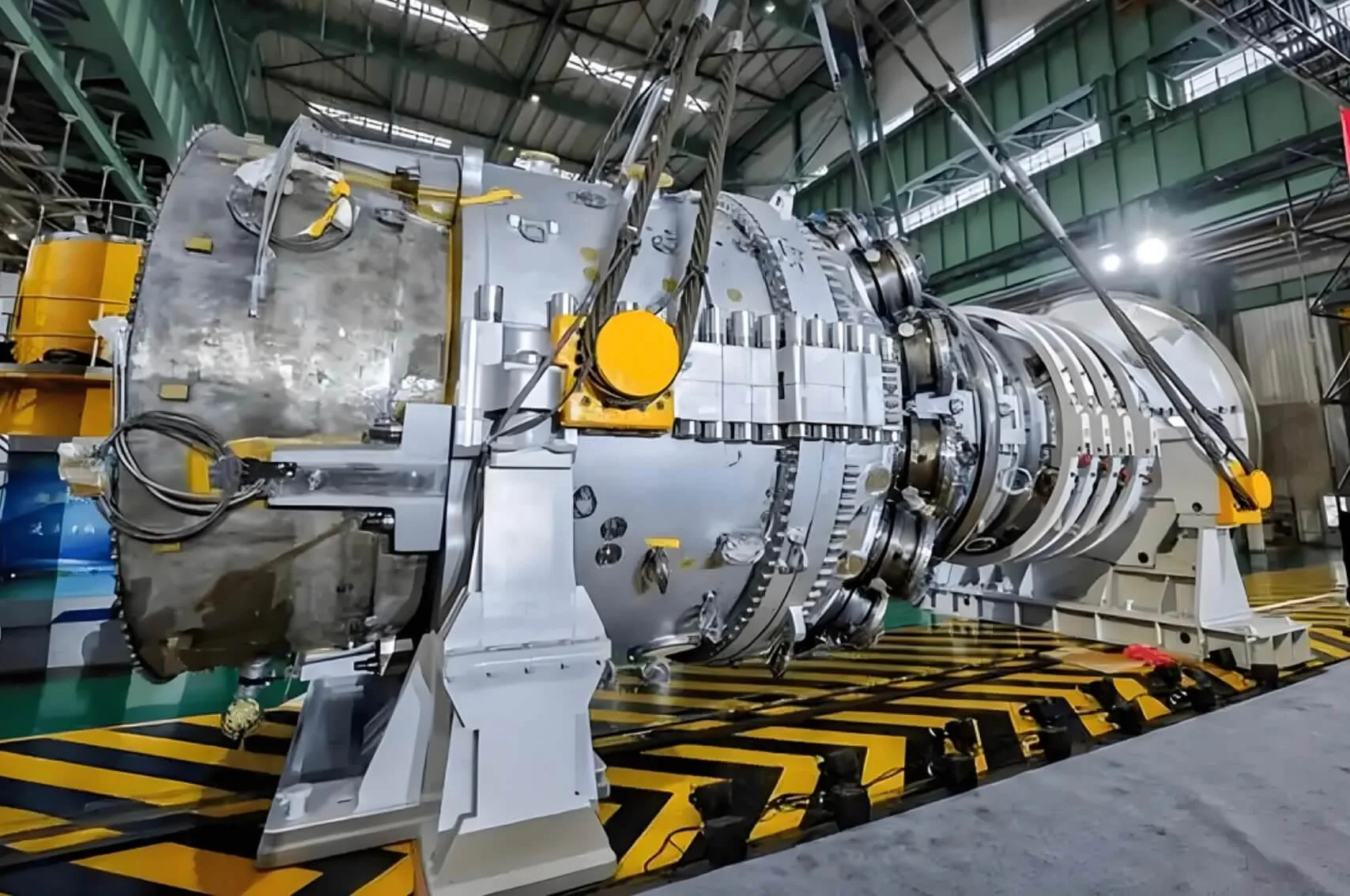
FM-07 Fiberglass Mesh Filter Application in Gas Turbine Blade Production
A well-known European energy equipment manufacturer was experiencing problems casting nickel-based alloy gas turbine blades. Oxide inclusions in the high-temperature melt caused nearly 20% of the blades to fail X-ray inspection. After introducing the FM-07 glass fiber filter, the inclusion defect rate in the castings dropped by 82% within two months, and the product qualification rate increased from 80% to 97%, saving over €750,000 in quality costs annually.
More significantly, the filtered blades demonstrated excellent thermal fatigue resistance in 1400°C high-temperature tests, extending the first overhaul interval from 18,000 hours to 25,000 hours. This improvement not only improved generator set efficiency but also helped the customer win a bid for core components for a large combined-cycle power plant. Furthermore, the improved metal purity increased the blade cooling hole machining yield by 30%, further strengthening the customer’s technological advantage in the high-end energy equipment market.
Contact us today for a no-obligation consultation that help you solve your steel alloy casting problems and learn how our filters can help you improve the quality and output of steel alloy casting and save production costs for your plant!

